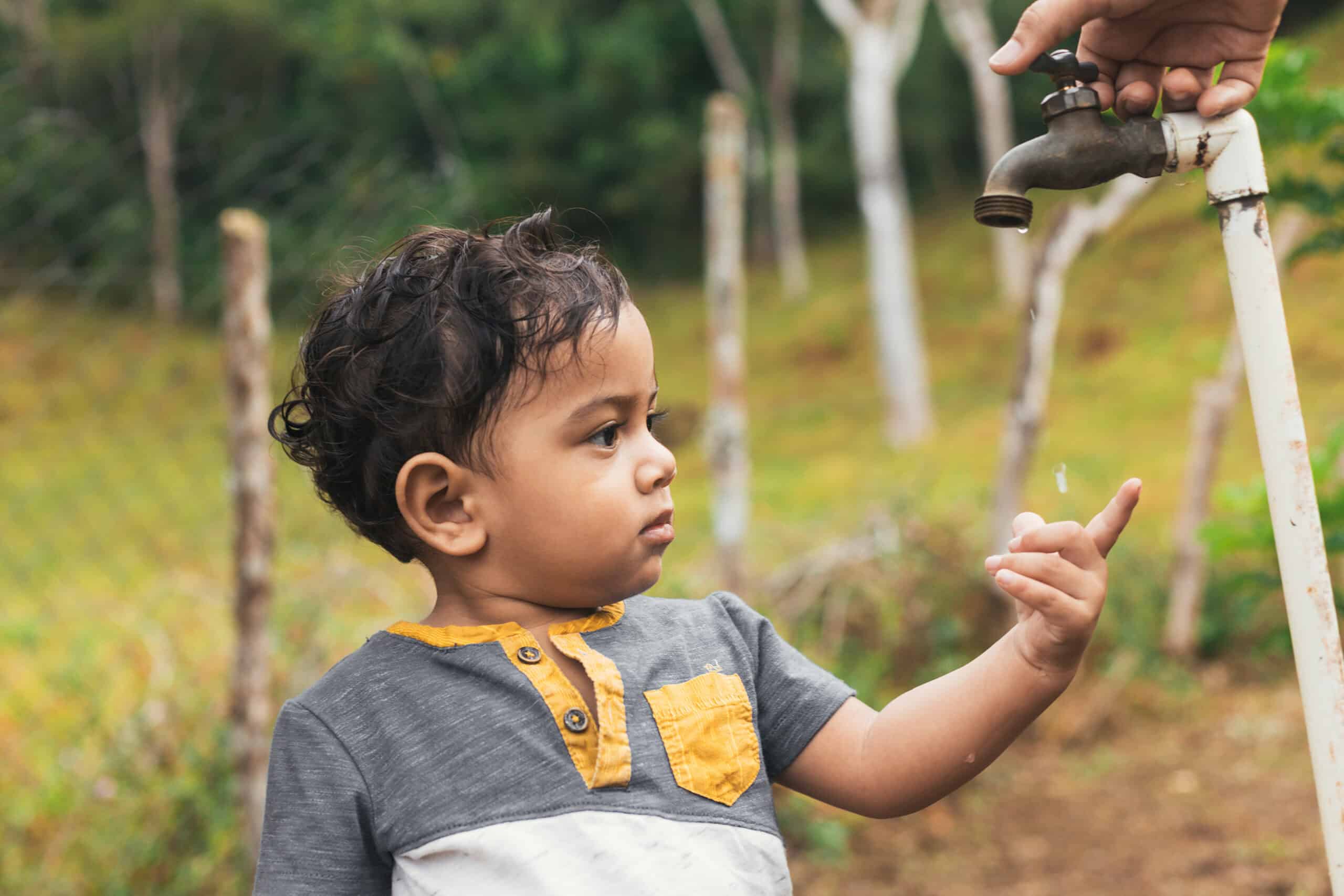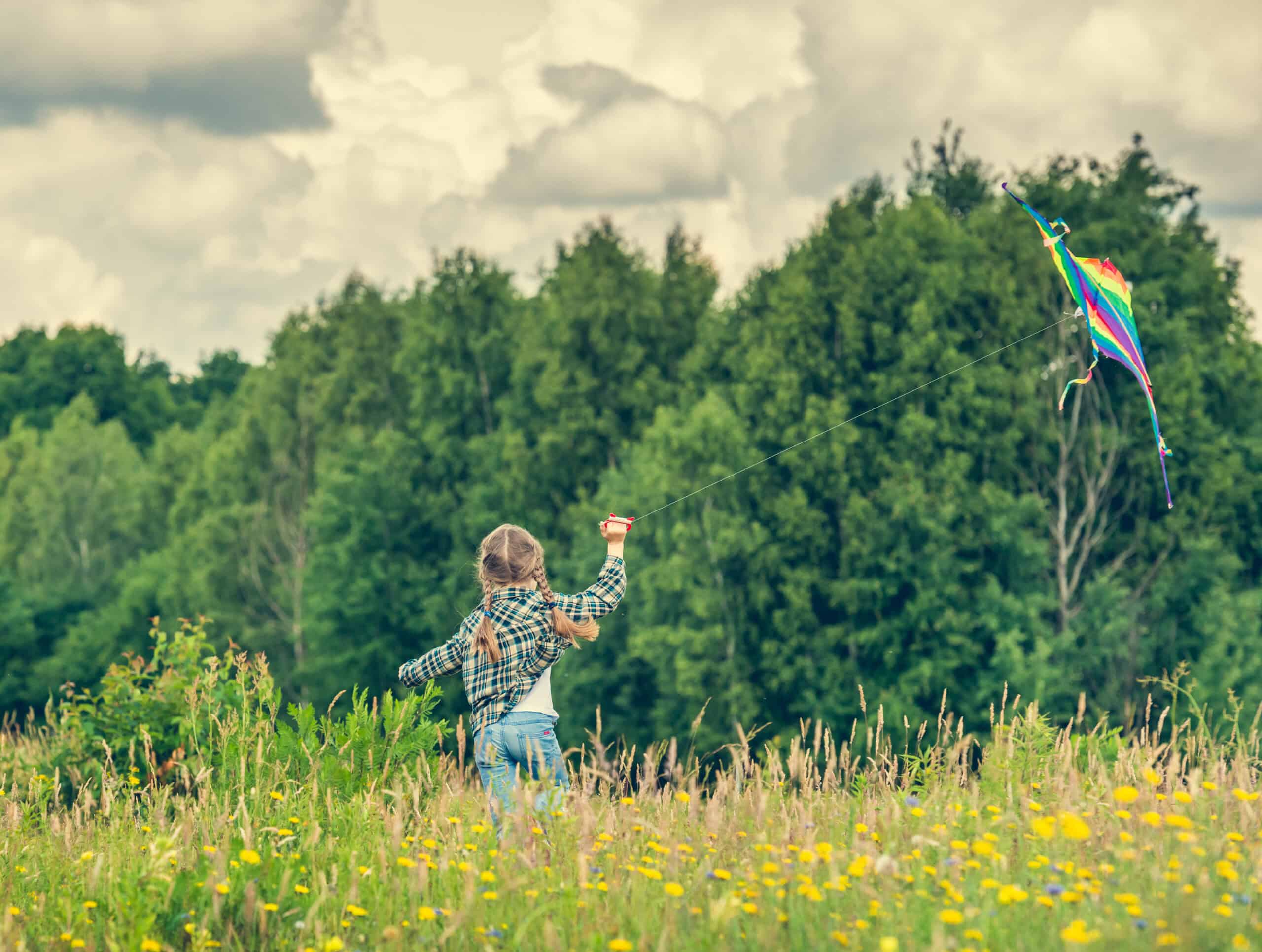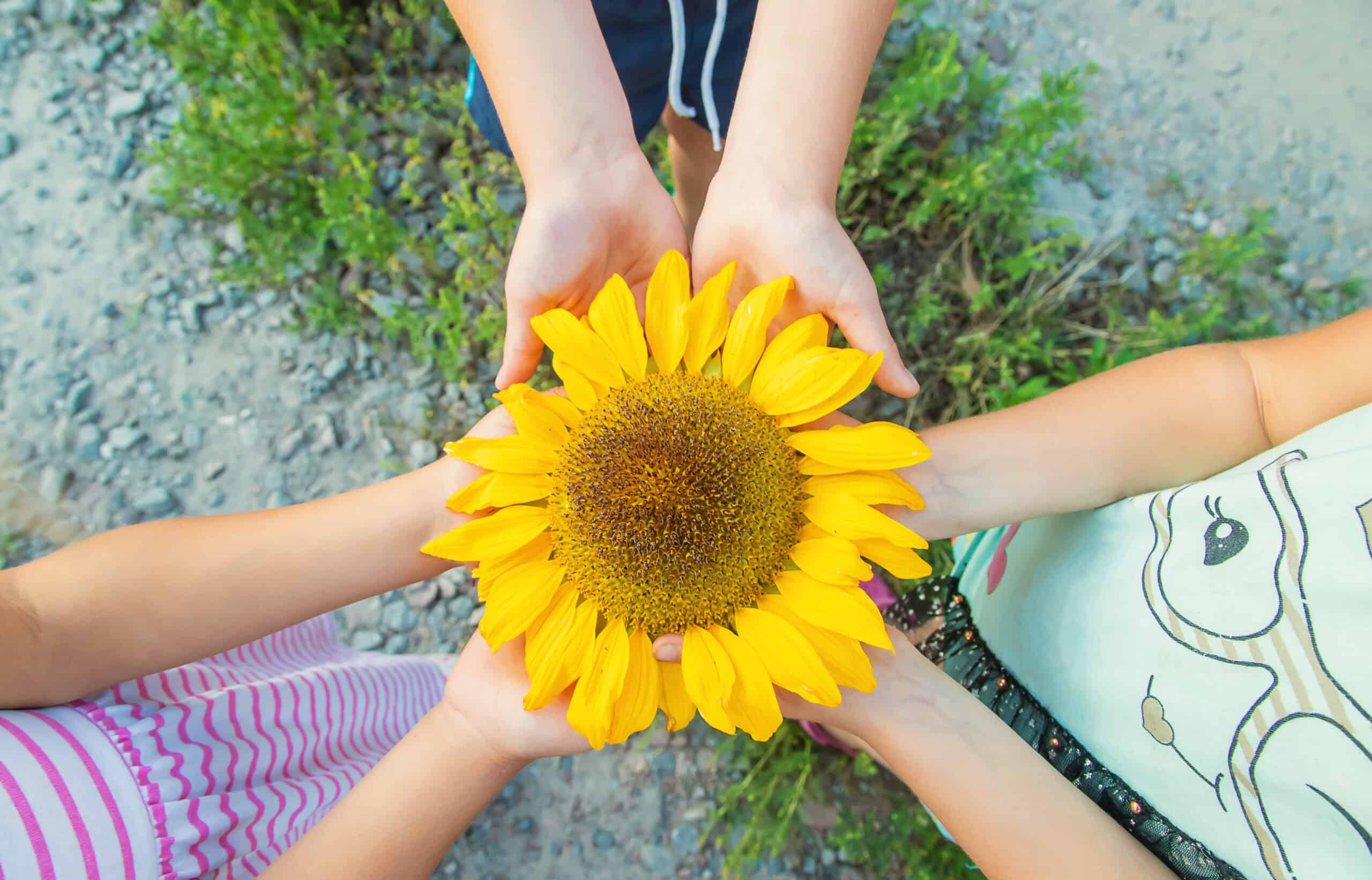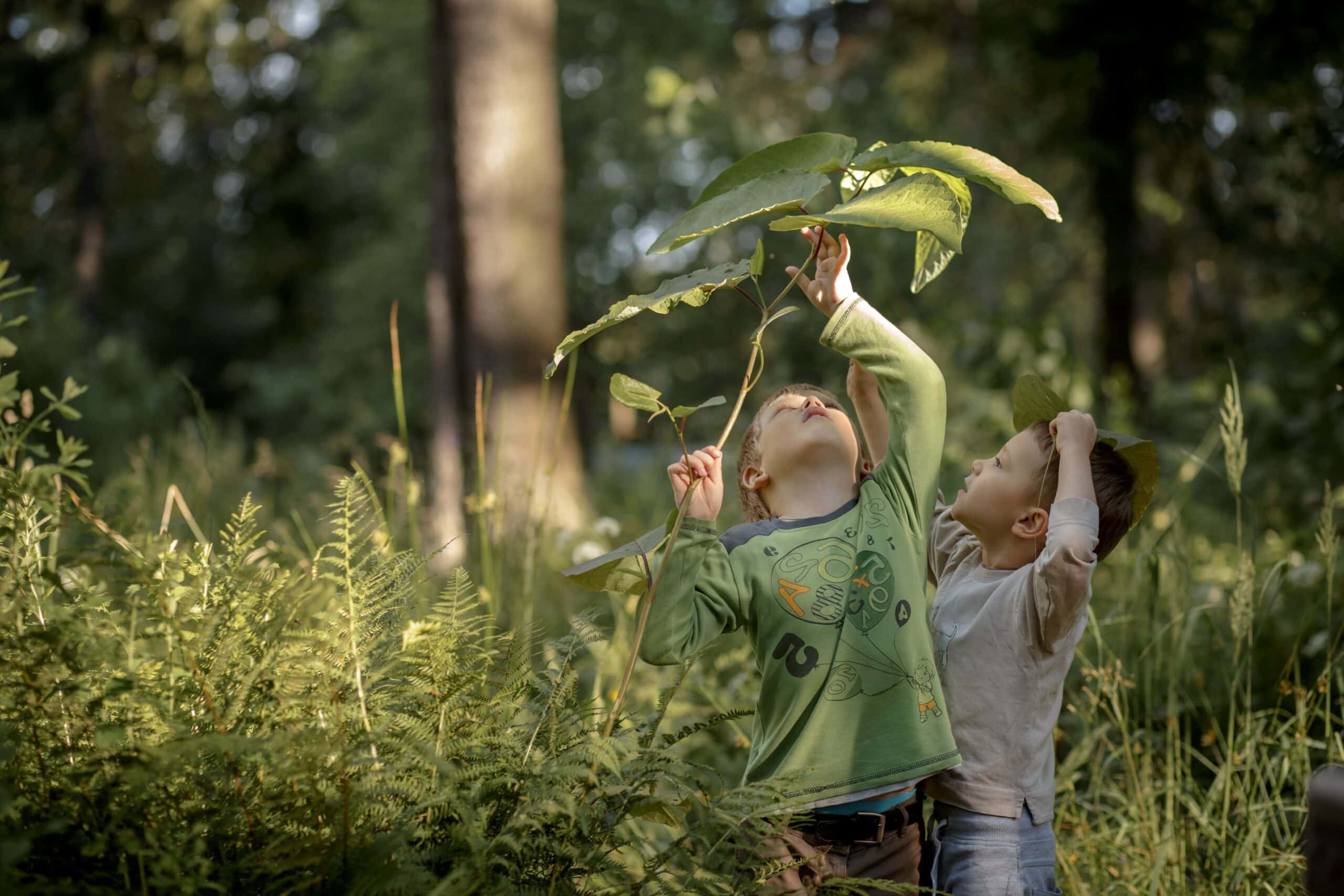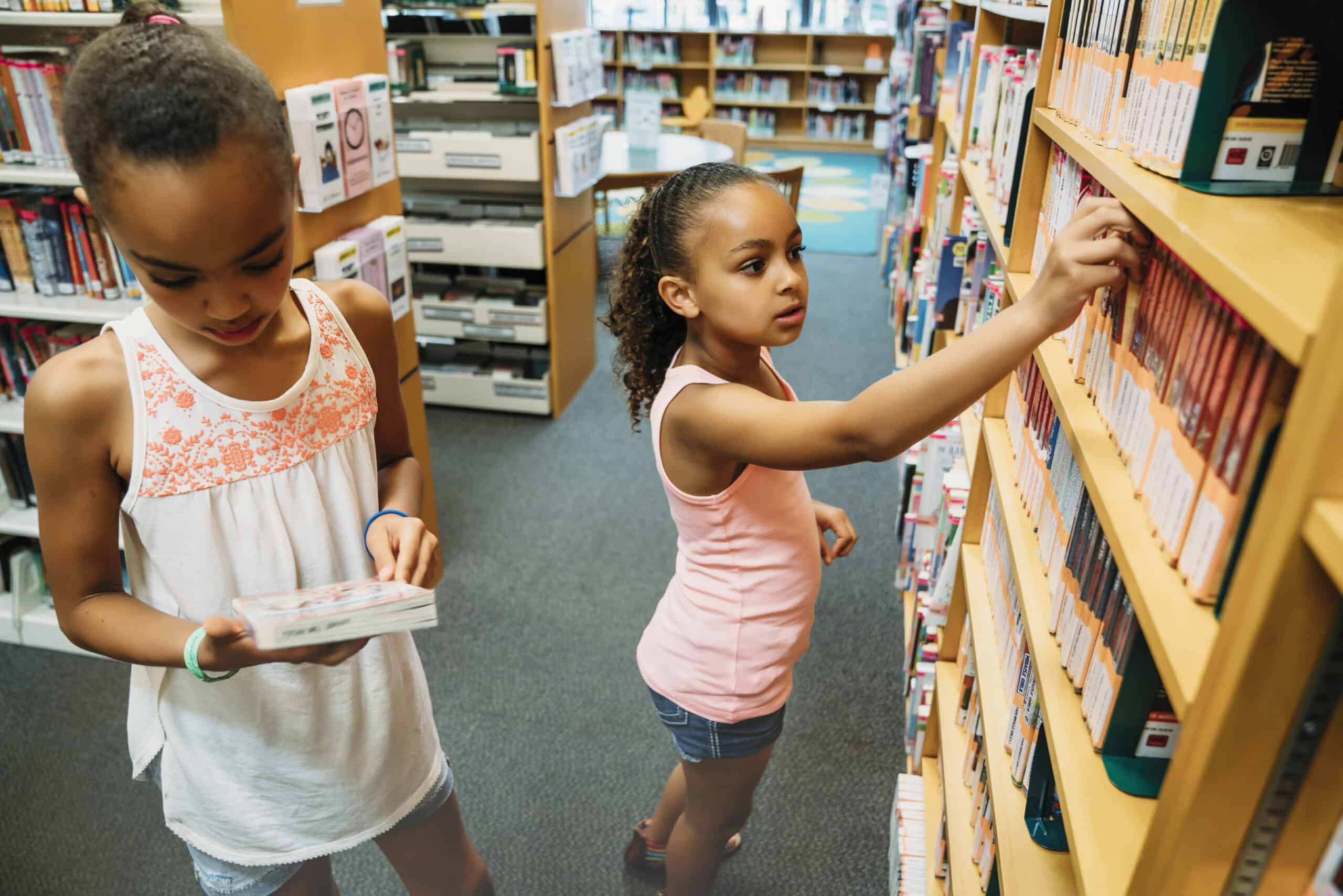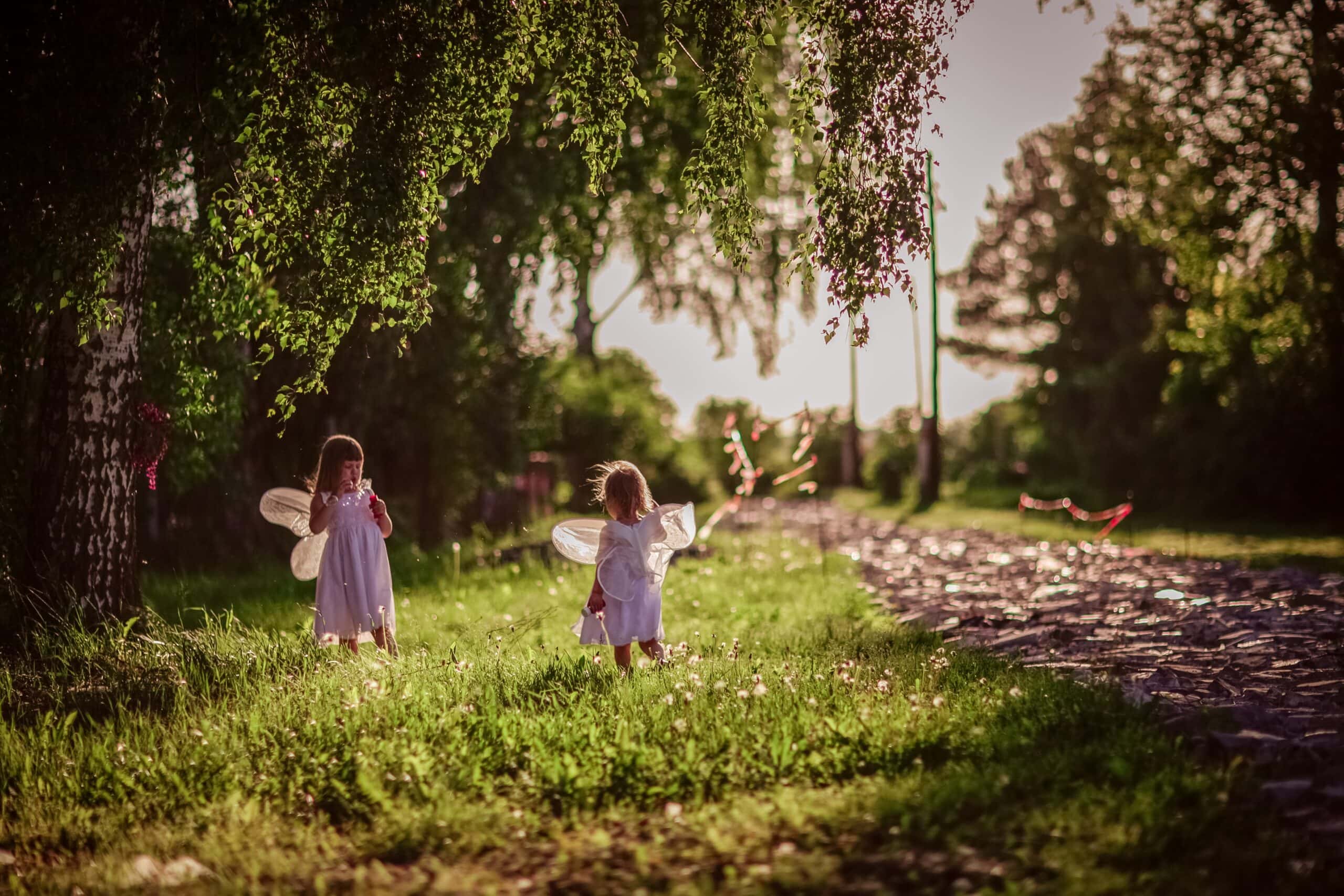Level: 2. Self
Self reflects the concept of the “individual,” addressing personal aspirations, growth, and identity. It is the living system of the Nurtured Self, encompassing physical, spiritual, and identity wellbeing. Empowerment defines this level, as individuals build on their neural foundation to cultivate autonomy and purpose. Nested within the family and community, Self perspectives provide a bridge between internal reflection and outward expression, helping align personal goals with broader systems of support.
-
Wonder Starts in the Body: How Awe Moves Us—Literally
You know that feeling when something stops you in your tracks? A rainbow after the rain, a whale breaching, a song that gives you chills. That’s wonder. And while it may feel like magic, scientists are discovering that wonder isn’t just in our minds—it begins in our bodies and nervous system (1). Our eyes widen.…
-
Myths about creativity
Creativity is a very mysterious thing for lots of people. Myths usually rely on a grain of truth that gets twisted and taken out of a wider context. There are a lot of misconceptions about creativity still floating freely all over the world, which suggests that the scientific research we know on this subject has…
-
The Neuroscience of Words: How Language Shapes the Brain
Have you ever wondered how simply hearing a word can trigger a memory, a feeling, or even a physical response? Language is often described as humanity’s most powerful tool, yet neuroscience reveals that it is much more than a means of communication—it is a formative force that sculpts our brains across development, cultures, and even…
